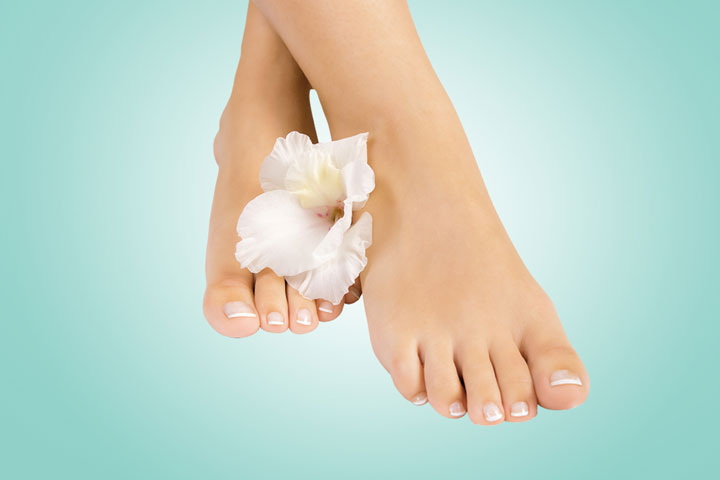
Have you ever taken a nap, only to wake up feeling more tired than before? Chances are your nap was too long.
Your nap’s duration determines whether it’s going to be beneficial or not. A short nap can improve your alertness and mood, reduce fatigue and increase relaxation. Longer naps, on the other hand, can ruin your mood and even increase the risk of diseases. On other hand, napping isn’t for everyone. Some people simply can’t sleep during the day or have trouble sleeping in places other than their own beds, which napping sometimes requires.
HOW LONG IS TOO LONG?
A nap that lasts more than 30 minutes is considered a long nap. Most studies show you only need to nap for 20 to 30 minutes to enjoy the optimal benefits. Other studies show that napping for as little as 10 minutes increases alertness. Most sleep experts say 20 minutes is the ideal nap duration.

HARMFUL EFFECTS OF LONG NAPS
What could possibly go wrong if you overdo your afternoon nap? Here are harmful effects of napping too long.
1. Long naps may increase your risk of type 2 diabetes.
When researchers looked into 10 good quality studies involving more than 260,000 participants, they concluded that daytime naps that were longer than 60 minutes increased the risk of type 2 diabetes by 46 percent.
The results showed that naps that were shorter than 40 minutes didn’t increase the risk of type 2 diabetes.
2. Long naps may cause nighttime sleep problems.
If you struggle with insomnia, you may take long naps during the day to make up for the poor quality nighttime sleep. This consequently interferes with your sleep cycle and makes you sleep poorly at night, research explains.
Vicious cycle of trying to catch up on sleep lost during the night could be broken by either eliminating naps altogether or addressing the issues that may be causing poor sleep at night.
3. Long naps may lead to poor cognitive function.
There’s a lot of evidence that napping for 15 to 20 minutes boosts cognitive function. However, longer naps have the opposite effect.
4. Longer naps may increase the risk of cardiovascular disease.
Avoid long naps if you want to maintain optimal heart health. One study found that sleeping for more than 45 minutes during the day significantly increased the risk of heart disease. Surprisingly, napping for less than 30 minutes a day lowered the risk.
5. Longer naps may lead to early death.
Napping too long can increase the risk of conditions like diabetes and heart disease, and also can lead to early death. Instead of taking long naps for energy, drink coffee. Studies show drinking coffee can help you live longer.

THE BEST WAY TO NAP
- Keep your naps short. 15 to 30-minute naps will improve your alertness and boost your energy. The longer you nap, the more likely you are to feel groggy afterward.
- Nap in the afternoon. We usually have low concentration levels in the afternoon, so napping during this time helps. Individual factors, such as your need for sleep, your sleeping schedule, your age and your medication use, also can play a role in determining the best time of day to nap.
- Maintain consistency with your naps. An inconsistent nap schedule can interfere with your sleep cycle. Therefore, nap at the same time every day.
- Nap comfortably. Nap in a quiet, dark place with a comfortable room temperature and few distractions.
If you’re experiencing an increased need for naps and there’s no obvious cause of new fatigue in your life, talk to your doctor. You could be taking a medication or have a sleep disorder or other medical condition that’s disrupting your nighttime sleep.
Related:
Healthy Strategies to Boost Your Immune System
Healthy Eating – Top 10 Strongest Antioxidants
If you love information in this post, please give it a five star review and help me share this recipe on facebook!




Leave a Reply